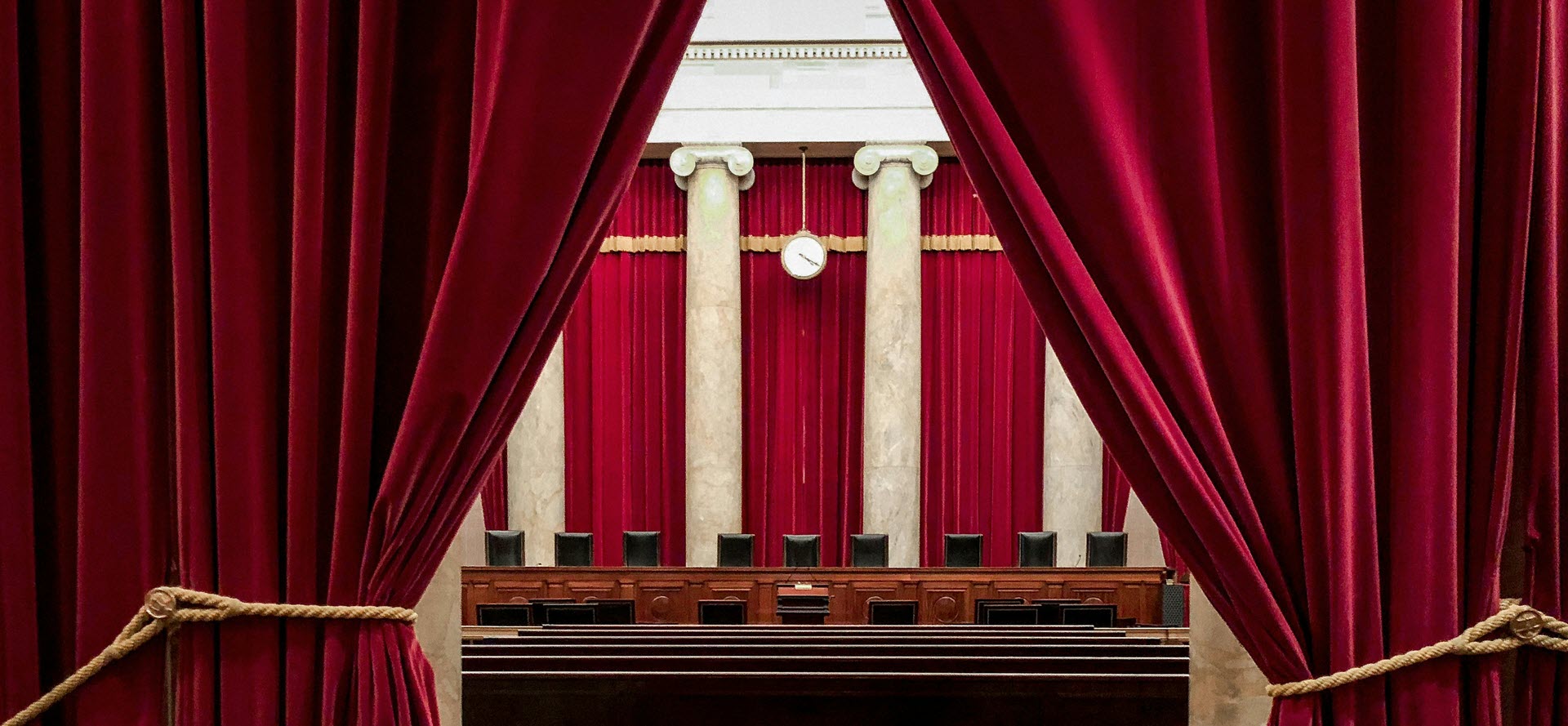
Here is a summary of the key findings from the oral arguments today (4-22-24) before the U.S. Supreme Court case involving the City of Grants Pass vs. Johnson and the city’s enforcement of camping laws against homeless individuals:
1. City of Grants Pass’s Position:
The City of Grants Pass argued that its camping ordinances are essential for the protection of public spaces and apply to everyone, not just the homeless. They contended that the Ninth Circuit’s ruling improperly extended constitutional protections into areas better suited for policy discussions, thereby hindering municipal management of public health and safety.
2. Arguments from the Homeless Individuals (Respondents):
The respondents maintained that the city’s laws criminalize the unavoidable circumstances of homelessness, equating the involuntary act of sleeping outdoors with criminal activity, in violation of the Eighth Amendment. They argued this was akin to the unconstitutional criminalization of a status, as previously established in cases like Robinson v. California.
3. Supreme Court Justices’ Inquiry:
The Justices critically examined whether the laws might be effectively punishing individuals for their status as homeless, rather than for any specific illegal actions. They explored scenarios regarding the availability of alternatives like shelters and questioned the broader implications of criminalizing necessary life-sustaining activities like sleeping.
4. Constitutional and Legal Challenges:
Discussions highlighted the complexities of applying constitutional protections in the context of local governance, including debates over the necessity defense in Oregon law and the broader applicability of the Eighth Amendment in municipal regulations.
5. Policy Implications:
The case underscores the challenge cities face in striking a balance between maintaining public order and respecting the rights of vulnerable populations, particularly in managing the presence of homeless individuals in public spaces.
This post encapsulates the nuanced legal and policy issues debated in the Supreme Court regarding the enforcement of camping laws against homeless populations within constitutional boundaries.
Resources: